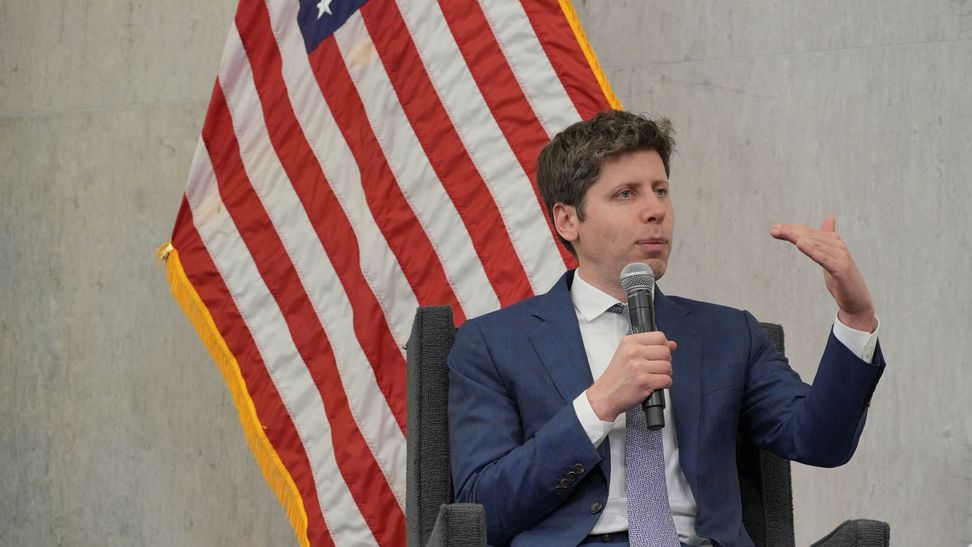In a move that combines technological audacity and geopolitical realignment, OpenAI's announcement of an investment of up to $25 billion in Argentine Patagonia has served as a shock for the future.
However, behind the official narrative celebrating this milestone lie uncomfortable questions about the strategic cost of an economic model that appears to finance its survival by surrendering key national assets.
The installation of the "Stargate Argentina" mega-data center, the largest of its kind in the region, is not a mere act of investor confidence; it is the tangible counterpart to the crucial financial support of the United States, a pillar without which President Javier Milei's project would crumble. This episode, far from being mere economic news, is an explicit chapter in a sovereign reconfiguration.
The choice of Neuquén as the site is no coincidence . It responds to a cold logic of efficiency and, at the same time, maps out regional asymmetries. The province, managed with a forward-thinking vision, has the renewable energy infrastructure and fiber optic connectivity that investment demands. There, the hydroelectric grid and wind farms provide clean, stable energy that this digital colossus will devour.
In a telling contrast, Tierra del Fuego, despite its attempts to position itself as a technology hub, was ruled out. Its deficient energy matrix and island connectivity, tied to an underwater power line, excluded it from the race.
This exclusion has not gone unnoticed in the southern region. Some Tierra del Fuego media outlets and analysts have rightly criticized the structural limitations their province faces . However, this local complaint, although legitimate, seems like a minor detail compared to the magnitude of the overall situation.
The in-depth debate should not focus solely on which Argentine province wins or loses in this auction, but rather on what type of sovereignty the country as a whole is negotiating.
The project will be registered under the Large Investment Incentive Regime (RIGI), a framework that grants extraordinary benefits, raising questions about the actual reciprocity of the compensation.
The Milei administration is celebrating the operation as a triumph of its administration and a validation of its alignment with Washington . Chris Lehane, head of Global Affairs at OpenAI , a former Clinton-era official, did not meet with the President out of simple protocol. The message is clear: there is a geopolitical affinity that transcends the commercial. This is, in the words of the sources themselves, a "technological, but above all, geopolitical" decision.
In this context, the government's rhetoric about "consolidating Argentina as an innovation hub" masks a much harsher reality: the urgent need for fresh capital to sustain a model born with feet of clay.
Sam Altman, CEO of OpenAI , proclaims that it's about "putting artificial intelligence in the hands of the people." However, the business architecture speaks volumes: OpenAI will be the offtaker , the sole buyer of all the computing power generated . Argentina will provide the land, the energy, and the privileged tax conditions, essentially exporting a digital commodity that it will not own.

Sam Altman, CEO of OpenAI
The promise that local companies and organizations will be able to acquire part of that power is a byproduct, not the core of the business, whose control will reside in the hands of a foreign technology giant.
Thus, while a cutting-edge future in Patagonia is being sold, a pattern of dependency is being consolidated. The blatant surrender of sovereignty criticized by some sectors is not a miscalculation; it is the very essence of the strategic plan.
The Argentine Stargate is not only a gateway to a technological future, but also a threshold leading to a new neocolonial status, where computing power becomes the new gold, and the country merely provides the favorable conditions for its extraction.






